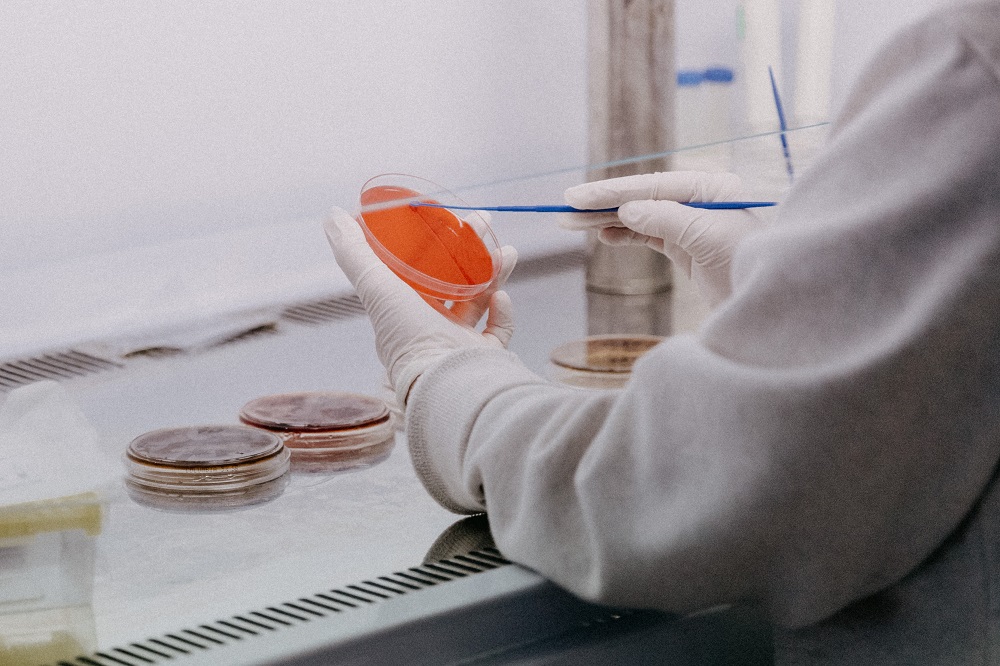Wales records rise in Covid infections for the 3rd week in a row as the current trend is described as ‘uncertain’

Wales has recorded an increase in Covid infections for the 3rd week in a row, according to the latest data released by the Office for National Statistics (ONS).
57,600 people In Wales were estimated to have tested positive for the virus in the week ending 9 December, equating to 1.89% of the population or around 1 in 55 people.
The latest figures are up just 3% from the previous week and the ONS has described the current trend of infections in Wales as ‘uncertain’ as a result.
The proportion of people estimated to have Covid in Wales is the lowest in the UK despite this weeks small increase.
Covid-19 infections have also increased in England and Scotland, while the trend in in Northern Ireland is also uncertain.
In England, the estimated number of people testing positive for COVID-19 was 1,197,200, equating to 2.20% of the population (an increase from 2.01% in the previous week), or around 1 in 45 people.
Scotland currently has the largest proportion of infections in the UK, with the estimated number of people testing positive 130,900, the equivalent of 2.49% of the population (an increase from 1.91% in the previous week), or around 1 in 40 people.
In Northern Ireland, the estimated number of people testing positive for COVID-19 was 37,000, equating to 2.02% of the population or around 1 in 50 people – a fall from 38,700, or one in 45, compared to last week.
Hospital admissions
Recent data also shows the number of people in hospital with Covid-19 in England, Scotland and Wales is on a clear upward trend, with 666 patients in Wales with Covid-19 on December 20, up 33% week-on-week and the highest number since mid-October.
The number of people in hospital in England testing positive for Covid-19 stood at 8,643 on December 21, up 29% week-on-week and the highest total since late October.
In Scotland, 967 patients with Covid-19 were reported on December 19, up 27% on the previous week and the highest number since early August.
In Northern Ireland patient levels are currently falling after a small peak in early October.
A total of 1.4 million people in private households in the UK were likely to test positive for coronavirus in the week to December 9.
This was up from 1.1 million in late November but below the two million weekly infections in early October.
The UK is facing its third winter in a row with Covid-19 on the rise.
Flu cases
But unlike in 2020 and 2021, when coronavirus was the main driver of sickness and hospitalisations, this winter has also seen a sharp jump in flu cases, putting extra pressure on NHS staff already struggling to clear a record backlog of treatment.
Dr Mary Ramsay, director of public health programmes at the UK Health Security Agency, confirmed there has been a rise in hospital admissions “for both flu and Covid-19 as people continue to mix indoors this winter”, adding it was “important to avoid contact with other people if you are unwell, in order to help stop infections spreading over the Christmas and new year period”.
The estimates published by the Office for National Statistics (ONS) give a snapshot of what was happening in the UK at the start of December, when coronavirus was starting to become more prevalent among the population.
The ONS infection survey is the most reliable measure of the prevalence of coronavirus and is based on a sample of swab tests from households across the UK.
But there is a lag in the reporting of the data due to the time it takes for the survey to be compiled.
Support our Nation today
For the price of a cup of coffee a month you can help us create an independent, not-for-profit, national news service for the people of Wales, by the people of Wales.




